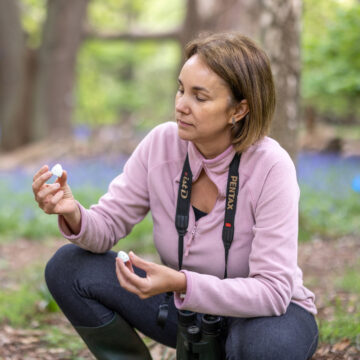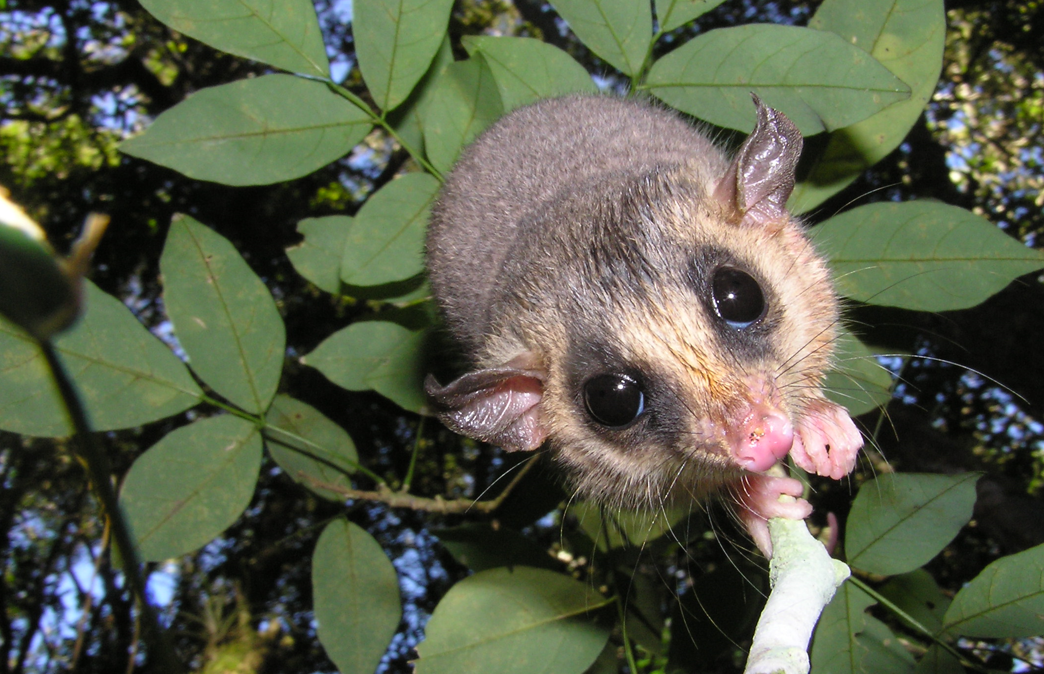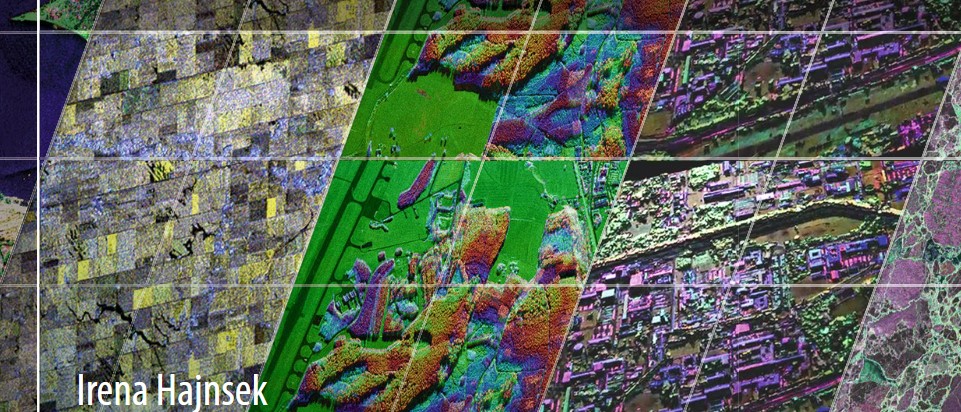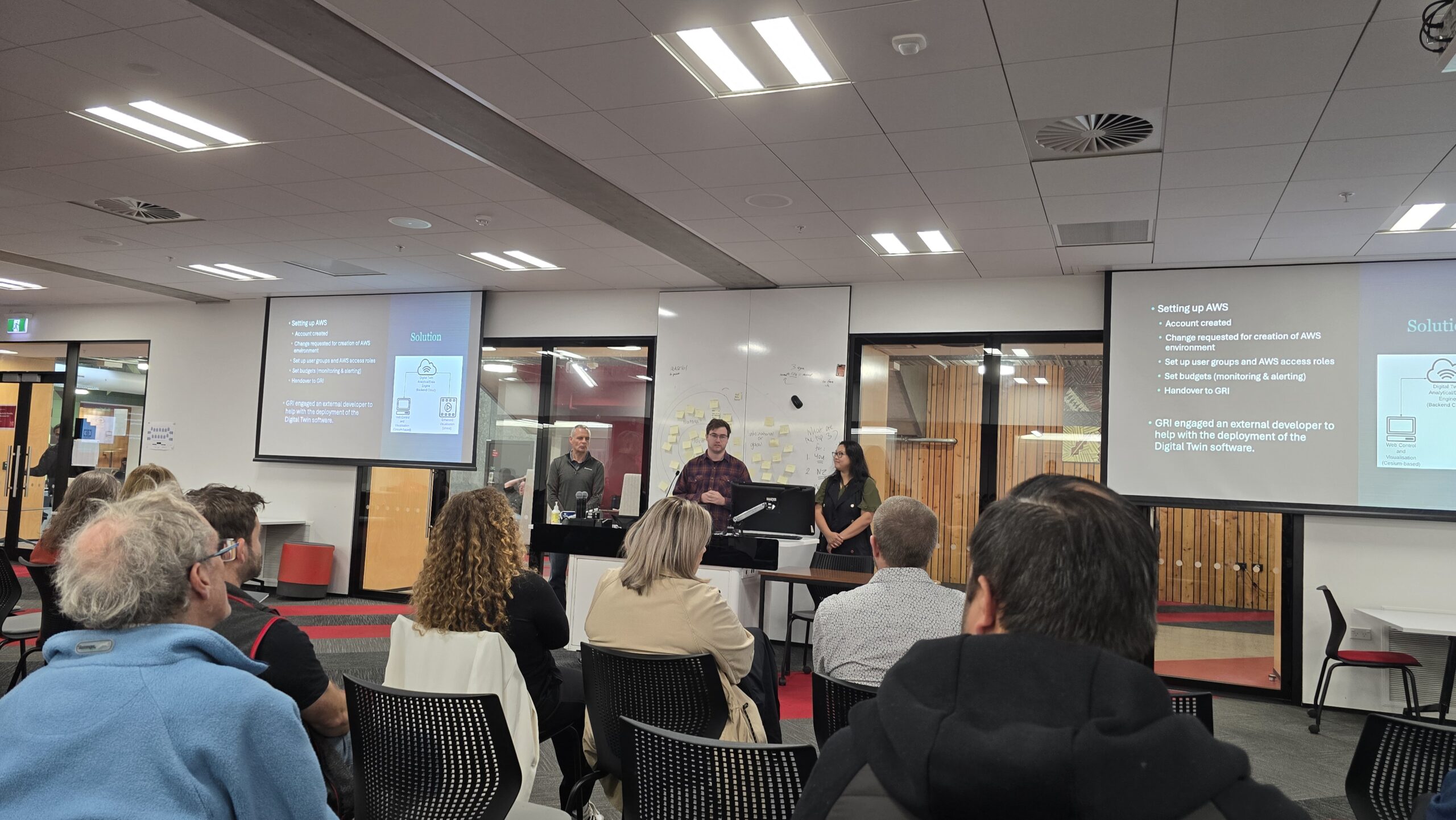
Speaker:
Dr Cristina Banks-Leite
Reader,
Dept of Life Sciences
Imperial College London
Dr Cristina Banks-Leite is a Reader in the Department of Life Sciences at Imperial College London and investigates the causes and consequences of species turnover and extinction in fragmented landscapes of tropical regions. Her research proposed a threshold of 30% forest cover for effective restoration of the Brazilian Atlantic Forest, results which provided subsidies for the implementation of two environmental resolutions and a federal decree in Brazil. Her research has also had impact in Costa Rica, protecting one of the last regions of primary forest.
Born in São Paulo, Brazil, Cristina received her PhD from the Universidade de São Paulo (USP), and was later awarded postdoctoral fellowships to conduct her research at Imperial College. Winner of multiple awards, she has served as Board member for the council of international ecological societies, editorial boards for leading journals and funding agencies. She also two small children and is a strong advocate for minorities in science.
Seminar Summary:
Leaders from 196 nations committed at COP15 to protect 30% of the surface of the earth for nature conservation by 2030. But will this be enough? Or is it too much? In this presentation, I will talk about ecological thresholds as a was to estimate the minimum amount of habitat required to preserve biodiversity, and how the position of thresholds changes across biomes world-wide. I will show how this local scale response of biodiversity to habitat changes is driven by large-scale processes occurring at regional and global levels. I will discuss the importance of integrating climate and geo-spatial data into statistical models to improve understanding of the drivers of biodiversity decline. I will argue it is high time we stop pretending a one-size-fits-all solution will solve global environmental issues, and instead we should embrace ecological complexity to develop environmental policies that work for people and nature alike.
5th April 2024
Ernest Rutherford 263 | University of Canterbury or Online via Zoom
- Refreshments & Networking: 10:30-11:00 am
- Seminar: 11:00-12:00 pm



